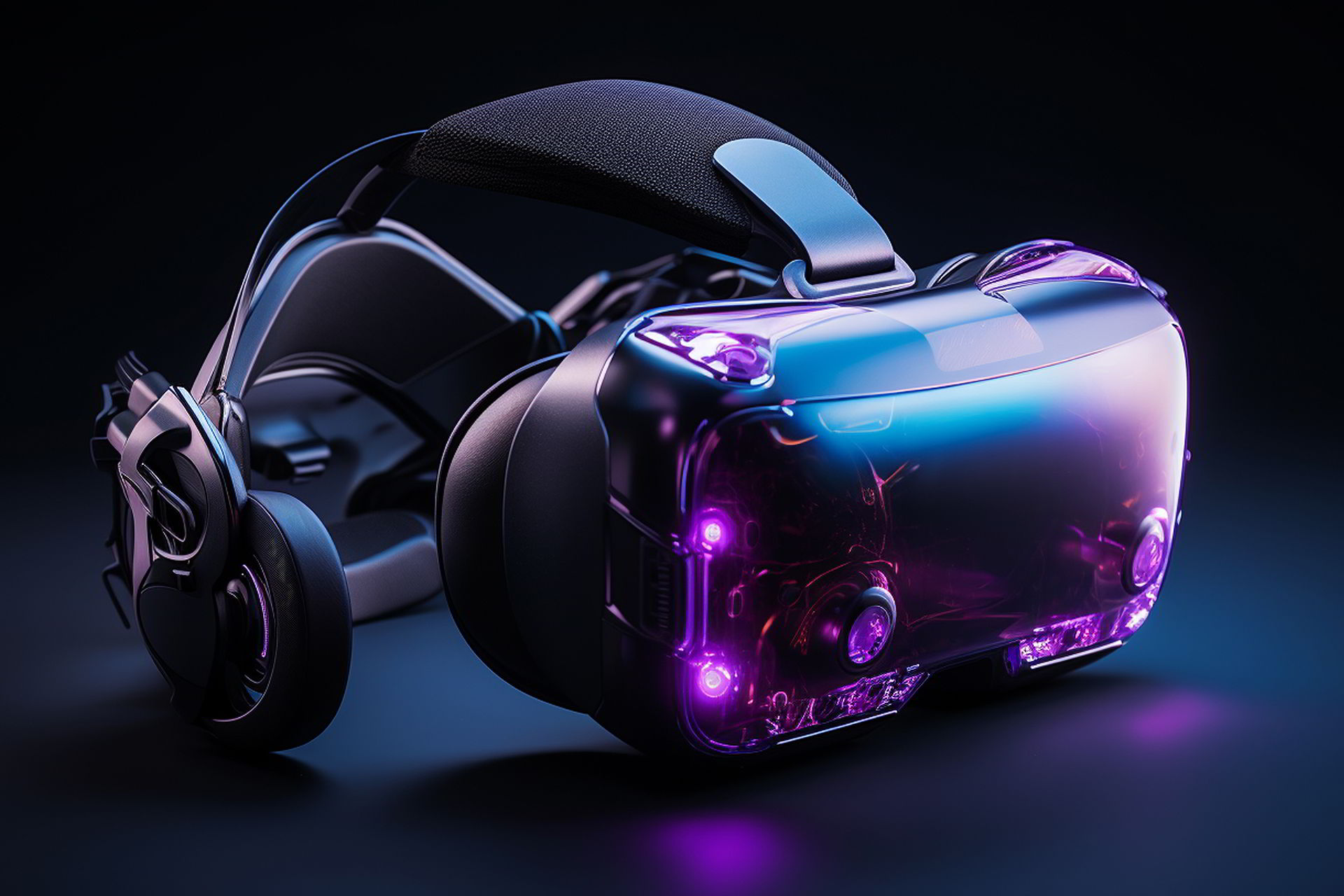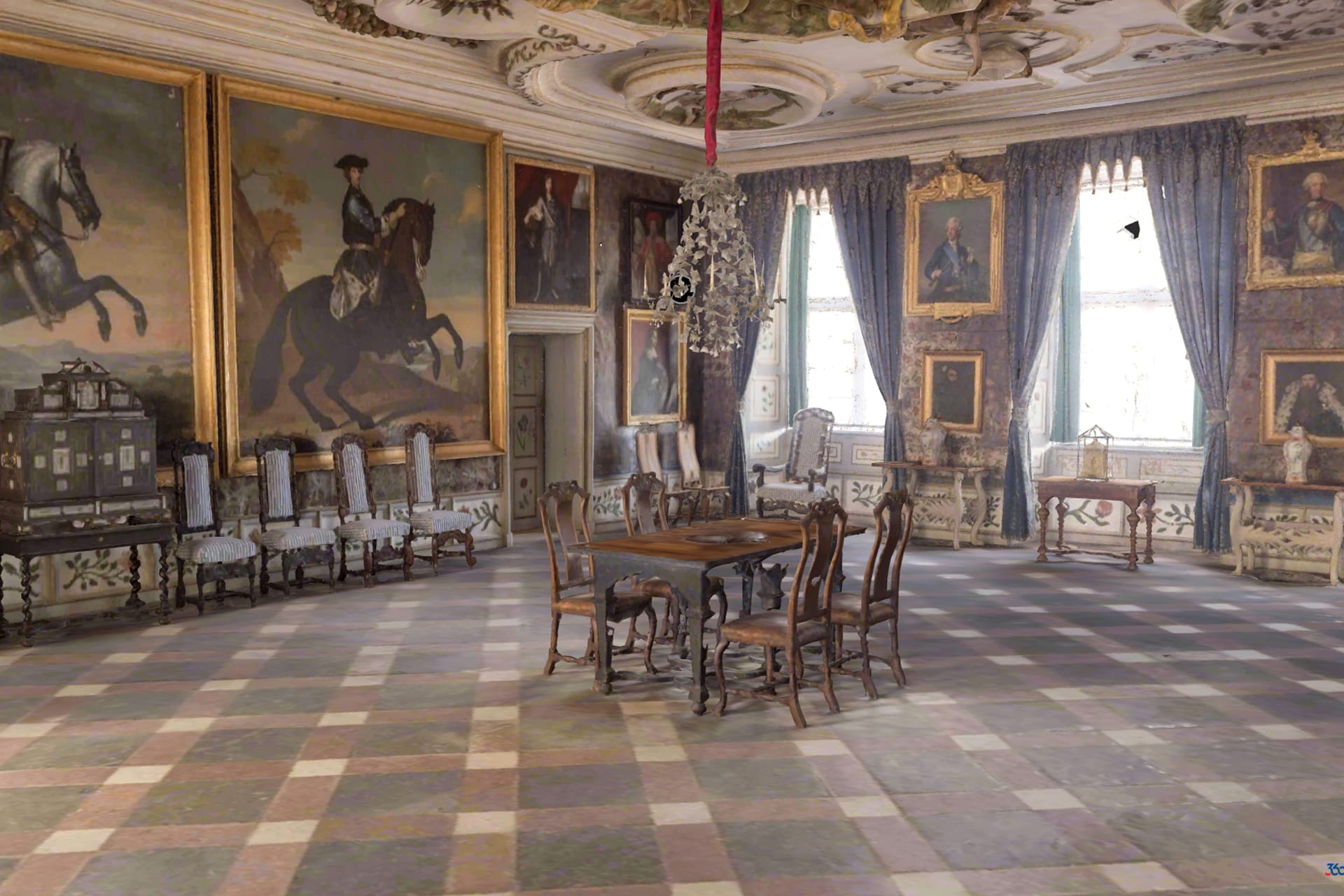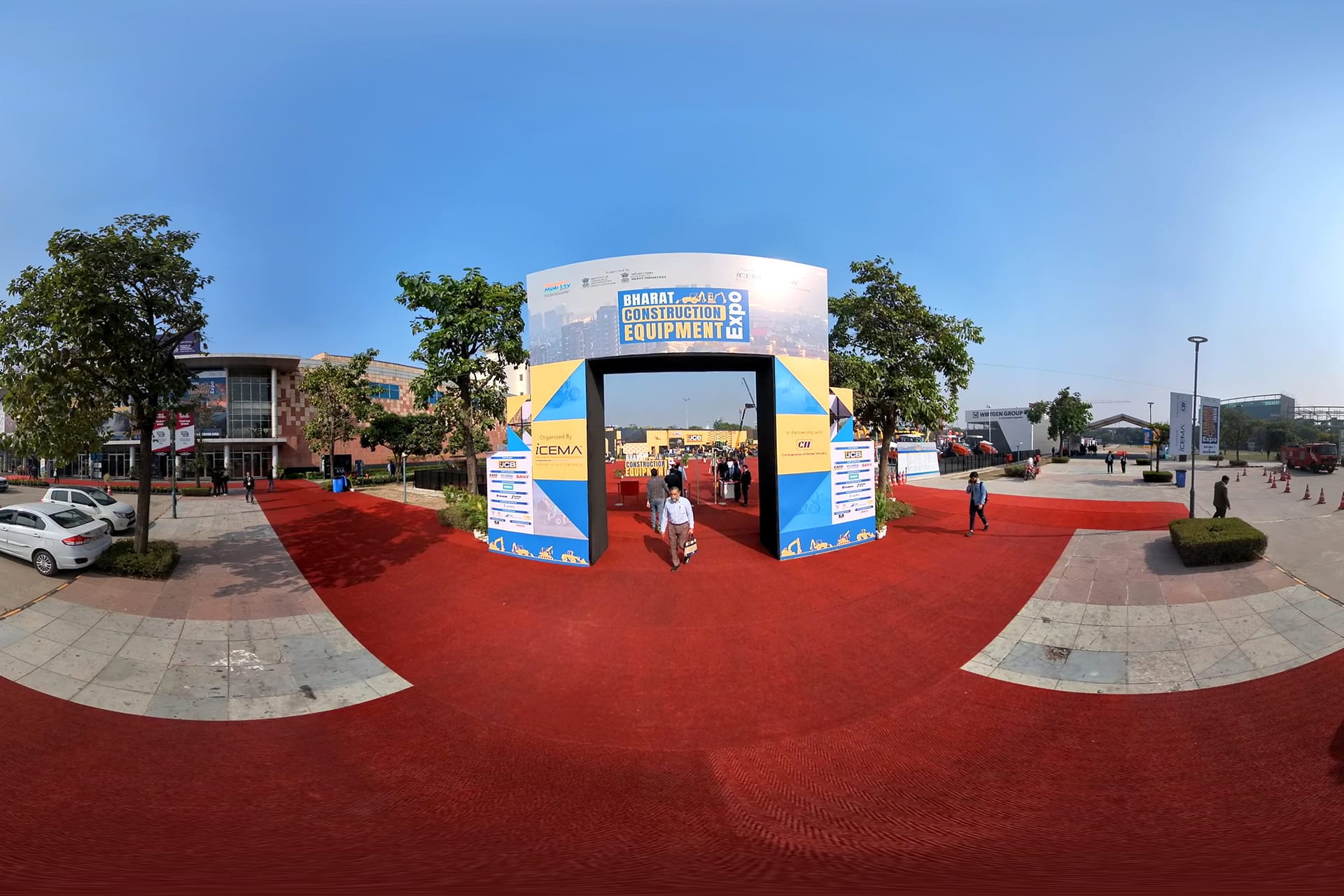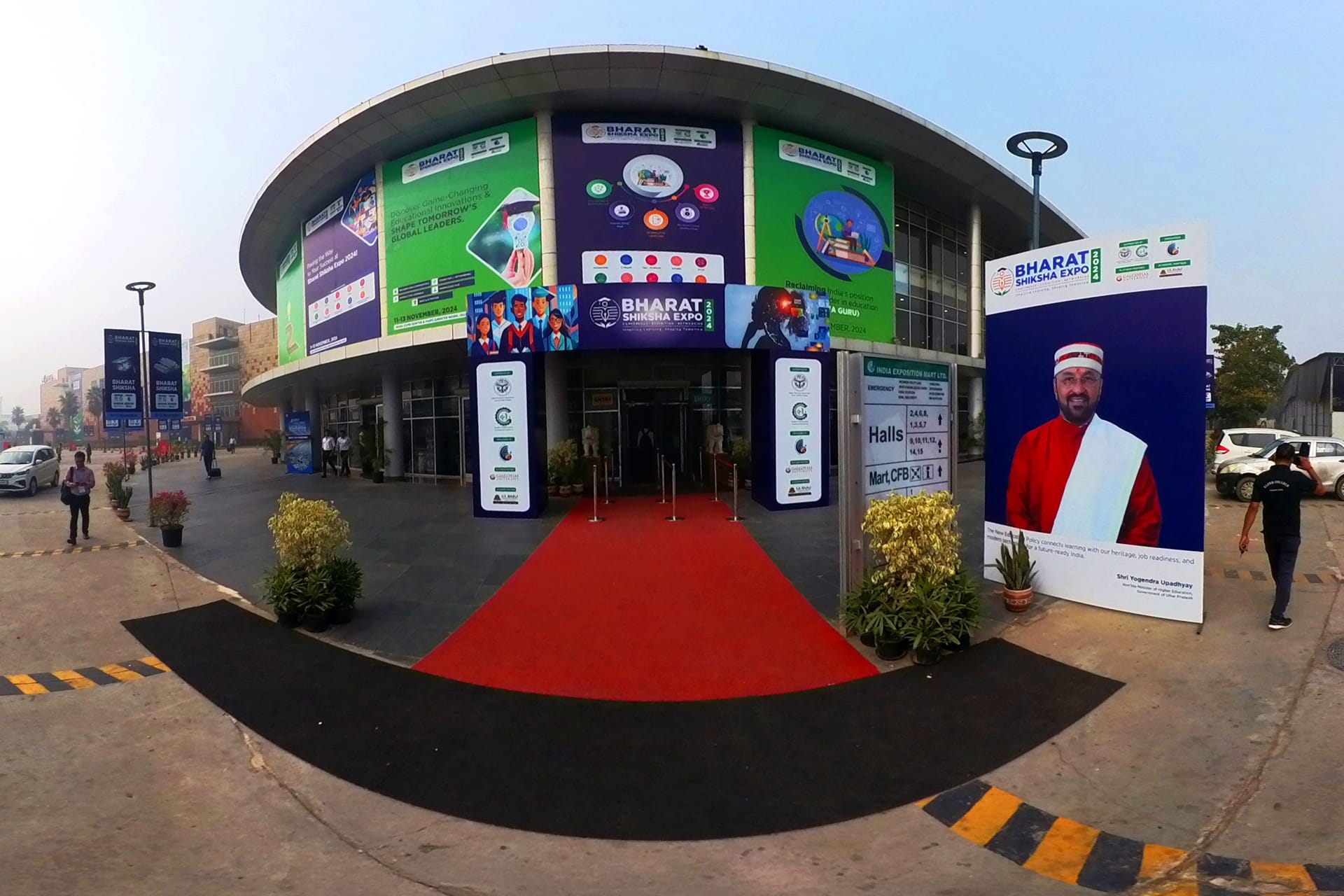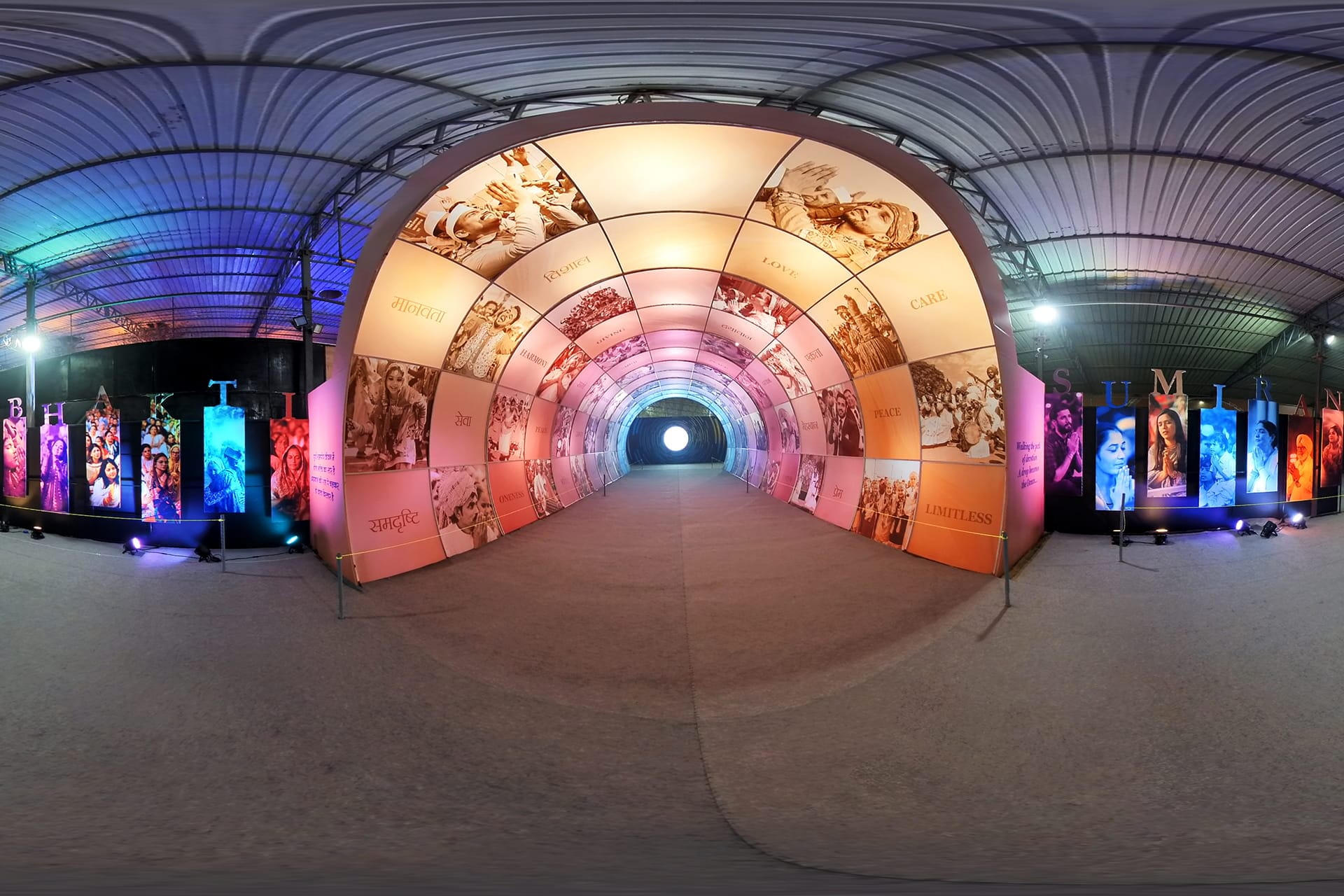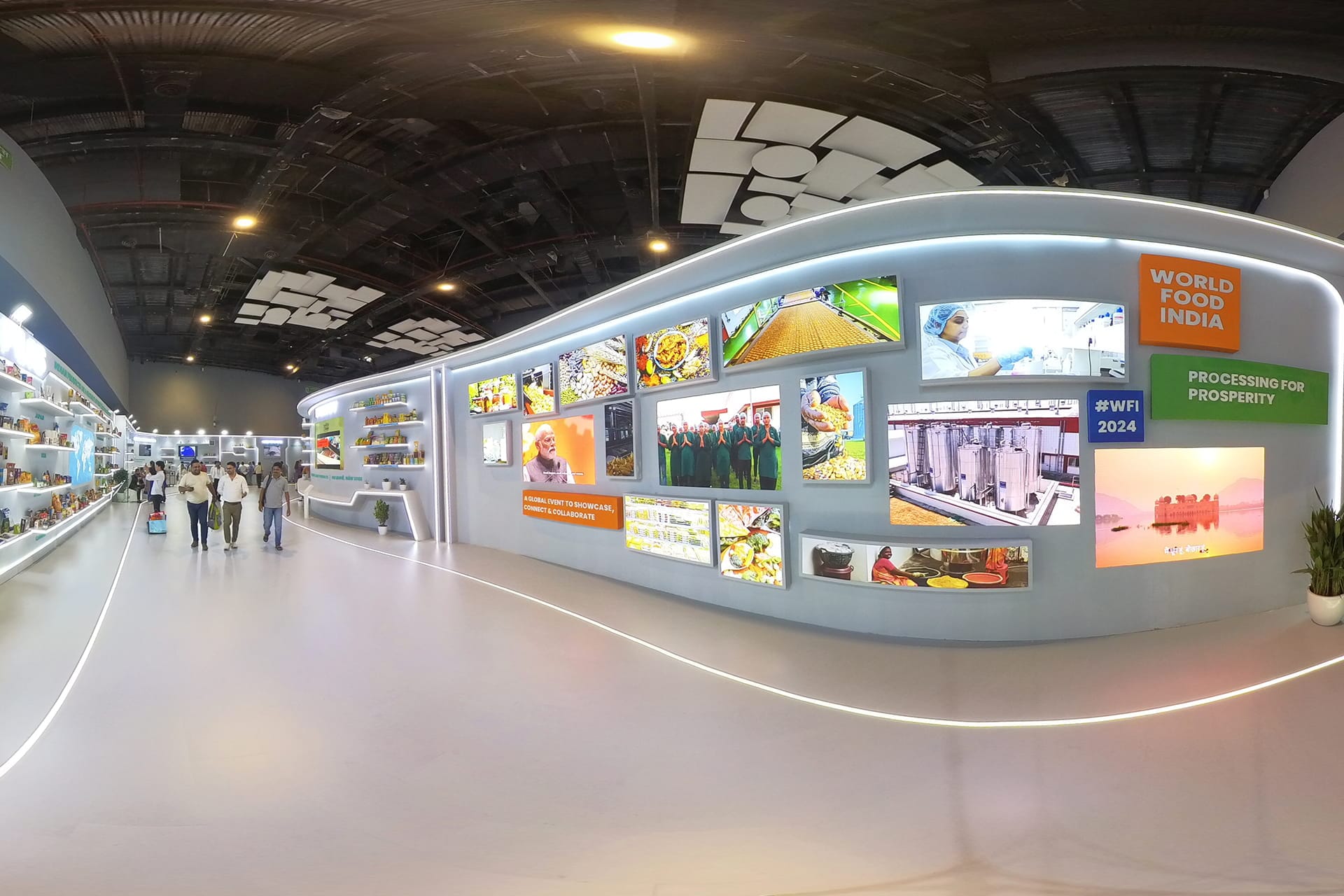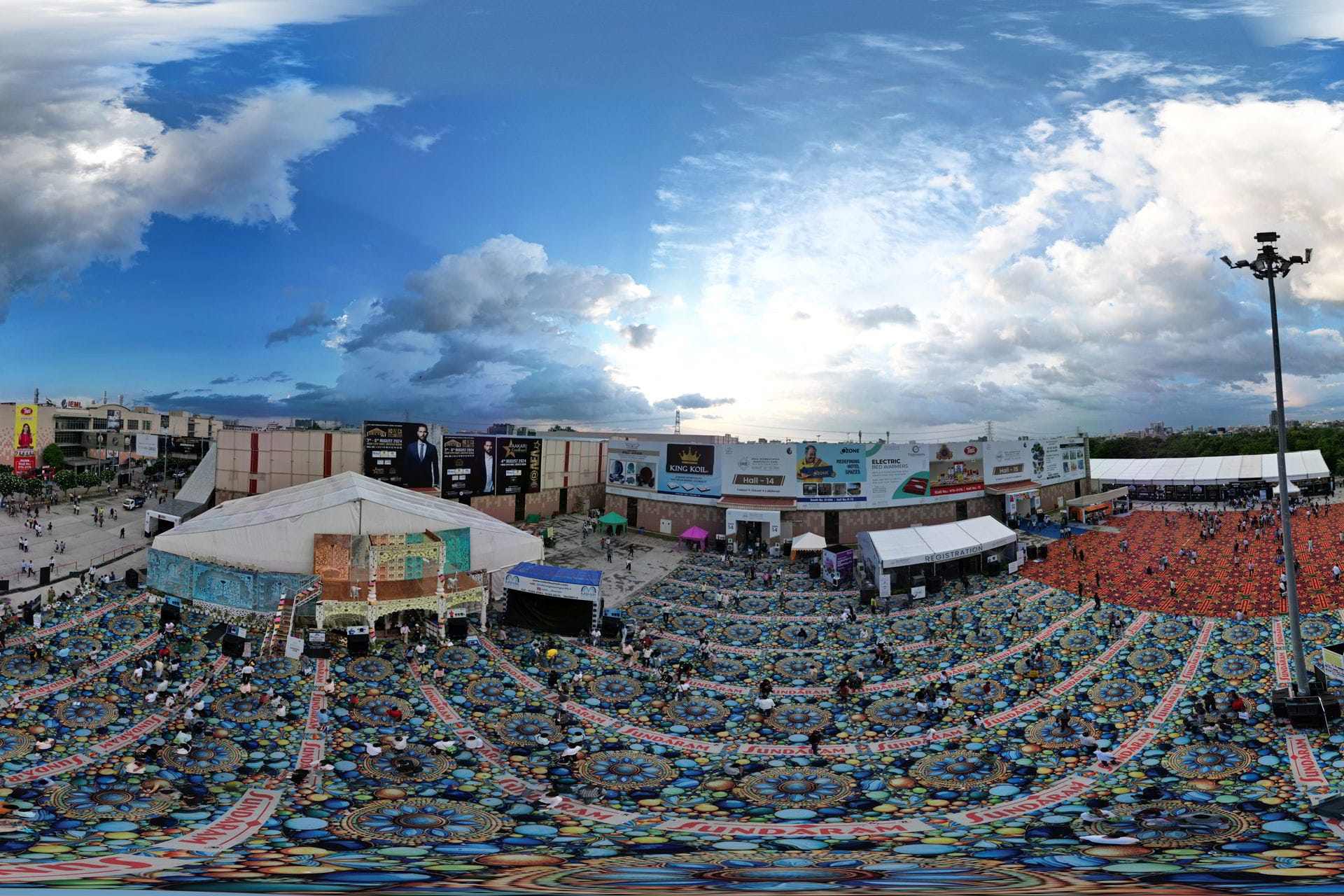Top 5 Industries Benefiting from 360 Virtual Tours
360 virtual tours are transforming the way businesses engage with their customers by providing an immersive, interactive experience that traditional photos or videos can't match. While many industries can benefit from this technology, some are seeing especially significant advantages. In this blog, we’ll explore the top 5 industries where 360 virtual tours are making a substantial impact.
1. Real Estate
The real estate industry was one of the first to adopt 360 virtual tours, and it continues to benefit greatly from this technology. Virtual tours allow potential buyers to explore properties from the comfort of their homes, providing a detailed view of the space. This not only saves time for both buyers and agents but also attracts more serious inquiries. Properties with virtual tours tend to sell faster and often at higher prices due to the increased interest and transparency they provide.
2. Hospitality and Tourism
Hotels, resorts, and travel companies are using 360 virtual tours to showcase their amenities, rooms, and local attractions. By offering a virtual experience, potential guests can get a feel for the property and its surroundings before booking. This immersive content can significantly boost bookings and customer confidence, as visitors are more likely to choose a destination they have virtually experienced. During the COVID-19 pandemic, virtual tours have also served as an excellent alternative for those unable to travel.
3. Education
Educational institutions, including schools and universities, are leveraging 360 virtual tours to provide virtual campus tours for prospective students. This is particularly beneficial for international students who cannot visit in person. Virtual tours allow schools to highlight their facilities, classrooms, and unique offerings, helping students and parents make informed decisions. Additionally, VR tours can be used for remote learning, offering immersive educational experiences in subjects like history, science, and geography.
4. Retail
The retail industry is using 360 virtual tours to enhance the online shopping experience. Virtual showrooms allow customers to explore products as if they were in a physical store, providing a more engaging and detailed view than standard product photos. This technology is especially useful for high-end retail and furniture stores, where customers want to see items in detail before making a purchase. By offering a virtual shopping experience, retailers can increase customer satisfaction and boost online sales.
5. Healthcare
In healthcare, 360 virtual tours are being used for a variety of purposes, including hospital tours for prospective patients, virtual walkthroughs of medical facilities, and training for healthcare professionals. Virtual tours help patients feel more comfortable by allowing them to familiarize themselves with the environment before their visit. For medical training, VR provides a safe and controlled environment for learning complex procedures, reducing the need for live demonstrations and enhancing the learning experience.
Conclusion
360 virtual tours are revolutionizing how businesses interact with their customers across various industries. From real estate to healthcare, the benefits of providing an immersive, interactive experience are clear. As technology continues to advance, we can expect even more industries to adopt 360 virtual tours, making this a versatile tool for marketing, training, and customer engagement. If your business falls into one of these categories, now is the time to explore how 360 virtual tours can help you stand out in a competitive market.


